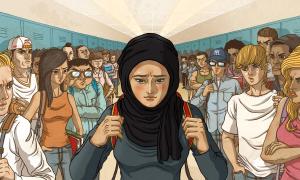author
Luis C. Moll
Luis C. Moll is a professor and associate dean at the College of Education at the University of Arizona. His research addresses the connections among culture, psychology and education, especially in relation to the education of Latino children in the U.S. Among other studies, he has analyzed the quality of classroom teaching, examined literacy instruction in English and Spanish, studied how literacy takes place in the broader social contexts of household and community life and attempted to establish pedagogical relationships among these domains of study. He is perhaps best known for coining


